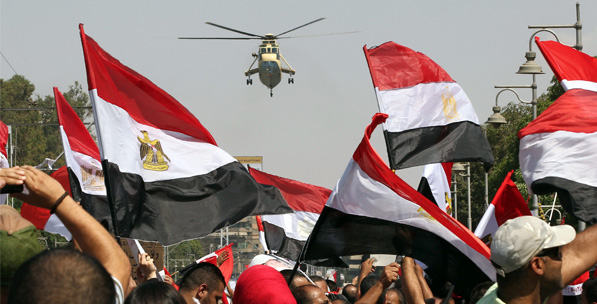Does the PKK, in the context of Turkey’s Kurdish question, intend to lay down its arms under any circumstance?
It is possible to categorize Turkey’s trial with the Kurdish question into four distinct periods: (1) The Republic’s initial years and the problems resulting from primitive nation-building exercises undertaken throughout the single-party period; (2) the period of underdevelopment between the establishment of the May 27 regime and the 1980 military coup; (3) the period of armed struggle that began with the coup and ended with the bankruptcy of the state approach in the late 1990s. Under the pressures stemming from these three periods’ heavy costs, we proceeded into the fourth period in 1999. We entered into a new and complicated domain vis-à-vis the Kurdish question as Kurdistan Workers’ Party (PKK) leader Abdullah Öcalan was handed over to Turkey. In this new era, we frequently witnessed conflicts between the normalization of both politics and the country entire, and “Old Turkey’s” provocations. In the meantime, the PKK itself had difficulty explaining what it was aiming for and why it resumed its violent campaign. For the past seven years, the armed organization has moved from being an actor to be addressed via political instruments to an anthropological subject resembling a band of rebels abandoned in the mountains from the last century!
The PKK’s rushing back to arms following the democratic opening process launched by the Justice and Development Party (AK Party) represents one of the most dramatic examples of their existential crisis. However hard the PKK may try to legitimize their existence and actions with help from outdated arguments of the third-world post-colonial left and trauma analyses, it nonetheless fails to address the following question: Does the PKK, in the context of Turkey’s Kurdish question, intend to lay down its arms under any circumstance? As we are going through the strongest regularization trend in Republican history, the PKK evolved from the single most important actor of the Kurdish question and into the “PKK problem of the Kurdish question.” This deep rupture introduced Kurdish neo-nationalism into the PKK’s main agenda at the expense of the Kurdish question’s resolution dynamics. Not accounting for the living conditions of the Kurds who are ineligible for citizenship in Syria, subject to serial executions in Iran and residents of a de facto political incubator in Iraq, the PKK continues to resort to terror at the expense of Turkey’s Kurds.
Today, as the failed government rationale of the 1990s gradually comes under judicial scrutiny, the PKK’s attempt to cling onto its obsolete tactics from the same decade hints at some political anachronism on the organization’s behalf. As far as the PKK is concerned, the process only promises to get them from the defeat of the 1990s to a second period of defeat in the 2010s. The AK Party removed the wreckage of the 1990s to the benefit of both the Kurds and the Turks, and against the interests of anti-democratic forces. The undoing of any costs that may arise out of the 2010s shall likewise contribute to domestic consolidation and undermine the PKK and other regional actors over the longer term.
Just like the Bashar al-Assad regime, the PKK is fighting a losing battle against the Zeitgeist that carries Turkey and the entire region with it. We already know that neither of them is interested in the rising costs of their behavior. To break with this vicious circle, a voice from among the Kurds must proclaim that “the King is naked!” This no longer a choice but an obligation.![]()
<a href="https://www.hurriyetdailynews.com/the-pkk-and-the-middle-east.aspx?pageID=449&nID=28473&NewsCatID=436" rel="nofo









